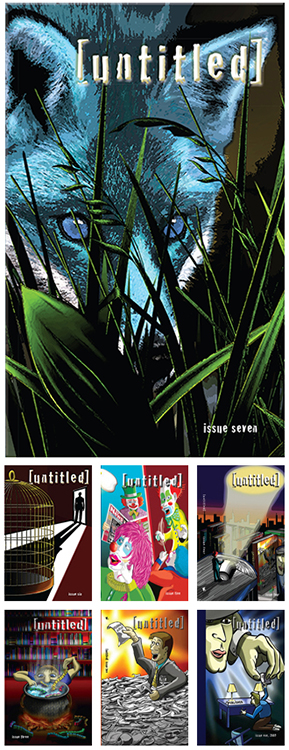 The anthology – as a concept – doesn’t get the acclaim it truly deserves.
The anthology – as a concept – doesn’t get the acclaim it truly deserves.
A single-authored anthology allows that author to explore different forms and different subjects. It gives the reader a chance to see the author experiment. That doesn’t necessarily happen with a book. A book might be (for example) a third-person linear narrative told in past-tense and that’s it. That’s the vehicle. An anthology doesn’t have those restrictions, because every piece can be different.
Great examples with prose are Ryan O’Neill’s The Weight of the Human Heart, A. S. Patrić’s The Butcherbird Stories, or Julie Koh’s Portable Curiosities. These authors are able to flex their storytelling muscle and play with form. As a reader, it can be challenging, entertaining and immersive. As a writer reading somebody else’s work, it’s educating as well.
Anthologies are also fantastic mediums to discover and explore new and emerging talent. Our very own [untitled] is a perfect example. Early issues published authors such as Ryan O’Neill, A. S. Patrić, Emilie Collyer, Koraly Dimitriadis, Laurie Steed, Tess Evans, George Ivanoff, and many more – writers who’ve built (and continue to build) careers as authors in one form or another. Did we make their careers? No. But we’d like to think we contributed to their development, their exposure, and encouragement to keep writing.
As a prose author, anthologies can be a good way to start putting writing out there. They can seem hard to crack into, and arbitrary in their decision-making, but as somebody who’s been involved in various anthologies, I can tell you lots of talk goes into deciding which stories go through.
Sometimes, rejections aren’t due to quality, but …
- space constraints, e.g. here’s a great 4,000-word story, but we’ve projected we have only 2,000 words remaining we want to fill
- because we have a similar story, e.g. you submit a brilliant story about killer clowns, but we’ve just accepted a story about killer mimes
- it might not fit the tone, e.g. it might be a grim story in a happy anthology, or we might have enough grim content and are now looking at something happy as a counterbalance.
Nonfiction anthologies can also be compelling for similar reasons. We have our HealthConscious series, which (currently) features three books: Healthy Mind, Healthy Body, and Healthy Spirit. Each book looks at maintaining that facet of health filtered through the modality of that author’s vocation, i.e. obviously a psychologist, a naturopath, and a writer are all going to have a different outlook on how to maintain healthiness. This gives you different perspectives on the same topic.
We’ve also done anthologies on breast cancer, prostate cancer, and succeeding in small business, as well as helping various groups publish collections about things such as (just to name a few) a particular historic period (the Great War) or community (the Greensborough historical society) or a particular place (the Balwyn tennis club). Here you get people’s different experiences and stories.
You might not connect with a book for whatever reason. But with anthologies, one story might not connect with you while another does. That’s the beauty of an anthology. They have a widespread appeal and diverse content that is sure to offer something for everybody.
